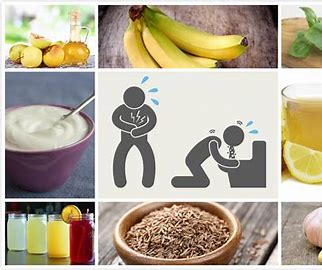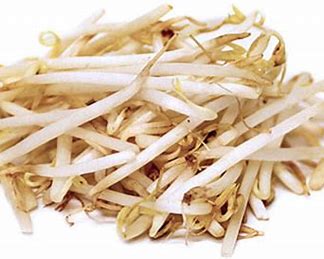We are not always up to speed on what causes food poisoning,
or how to avoid it. Let’s debunk some common myths you might have heard.
1. Food poisoning is mild and nothing to worry about.
Food poisoning can be relatively mild, or it can be deadly.
In some cases, it causes serious long-term problems like kidney or nerve
damage, reactive arthritis and hepatitis.
The World Health Organization estimates that 600 million
people fall ill from food contamination each year, and 420,000 die from it
annually.

2. The last thing I ate must have made me sick.
It is understandable to blame food poisoning on the last
meal you ate, and this may be the case. But the food that caused your illness
may have been eaten days before your symptoms appeared. Different bugs cause
symptoms to start at different times after eating the contaminated food. You
should consider all the foods eaten over the three days before symptoms first
appeared.
3. Food that’s “off” will smell.
Most food-poisoning bacteria and their toxins don’t
obligingly warn you of their presence with a particularly bad smell or taste.
The “off” smell of putrefaction is usually due to relatively harmless bacteria,
and food which seems normal in appearance, taste and smell can have enough harmful
pathogens to make you ill. If in doubt, toss it out.
4. If you are vegan, you are unlikely to get food poisoning.
Even though meats, seafood, poultry, eggs and dairy are the
leading causes of food poisoning, vegans are not off the hook.
Plants and plant-based foods can become contaminated as
easily as any other food if they come into contact with bacteria found in soil,
unclean surfaces or equipment, or food handlers who are sick or have dirty
hands.
Contaminated bean sprouts, for instance, have been linked to
outbreaks of E. coli infection. Raw rice can contain bacteria called Bacillus
cereus that survives cooking. If rice is unrefrigerated for more than two
hours after cooking, the bacteria can multiply and make you sick.

5. Refrigeration will kill off bacteria.
Refrigeration is important for slowing down the growth of
bacteria, but it doesn’t kill it.
Cool hot food until it has stopped steaming before putting
it in the fridge. Don’t leave food to go cold completely as slower cooling
allows bacteria to grow. And make sure you eat or freeze leftovers within two
to three days of cooking.